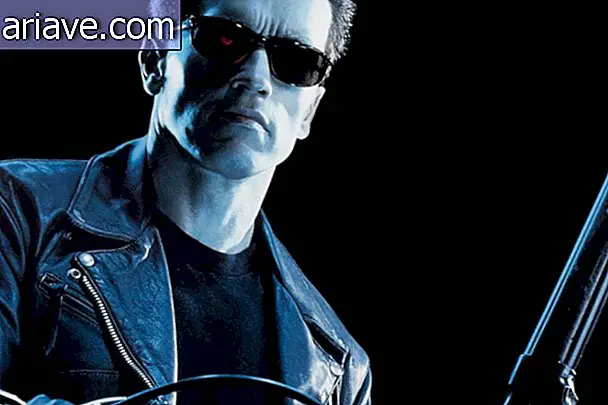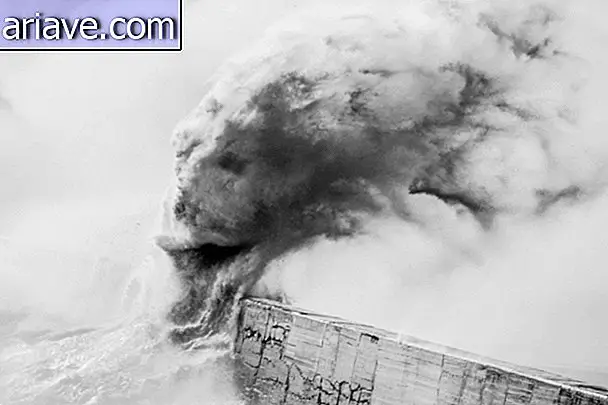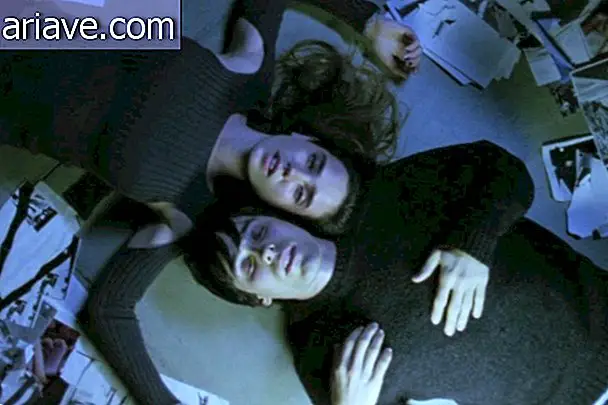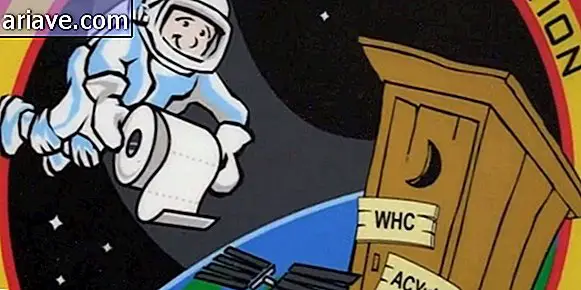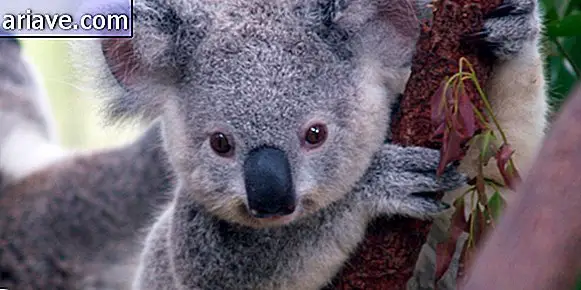Understand who really owns the content you post on the internet
Remember when you had to wait for your favorite singer to release songs on CD before you could listen? Or when you needed to rent movies at the video store to watch at home? Yeah, these things don't even seem to have happened so far these days.
It is true that it is now easy to illegally obtain any of these content while ignoring copyright. But are only singers and artists suffering from copying your work? After all, it is very likely that you have already posted a photo or text of your own that has been copied. So whose content is posted online?
Unless you are a loyal reader of the terms of use of the sites you subscribe to, this is a question whose answer is not very clear to users. By the way, the terms of use seem harmless, but if you accepted them without reading, you may have just lost the rights to your cousin's birthday photo.
It's scary, right? Easy, let's explain how copyright works and their relationship to the terms of use.
What is copyright?
We can summarize copyright in two words: “copyright”. This is the most basic protection you have for anything you create - whether it's a copy you took days to complete, or a script for any audiovisual production - without having to sign any form. Practical, right? This means that if someone copies or uses your work without crediting you, you can interfere.
In the case of the internet, the idea remains the same: the content is yours anyway. The problem is that copyright protects writings, movies, music, and even architectural projects, so you can't copy an idea - but you can copy the way it was said. Even if a person does not use their entire work, they can take only a few parts of it to develop or change as they please.
And the terms of use?
We have reached a crucial point that often goes unnoticed by users. Remember those paragraphs you probably skipped when you signed up for Facebook, Twitter and Instagram?
Well, now is the time to find out what was in those texts. It is very difficult for any user to actually stop reading the terms of use of any platform, so the surprise comes from finding that it probably has rights to the content uploaded by the user. And worse: the person allowed it.
Let's use an example to make it clearer. Are your vacation photos yours? Initially, yes. But when you posted them to your Facebook timeline - or rather put them on the social network server - Mark Zuckerbeg's company can use them as it sees fit. But if copyright is always protecting the user, what can you do in these situations?
This is a copyright loophole. Even if your rights to the content are intact, you have accepted that the company uses your photos, videos and text therein in terms of use. In practice, this means that Facebook can repost your photo, Instagram can show your post in search for hashtags, and so on.
In fact, this is an increasingly common trend. There are countless platforms that use vague terms to explain terms of use, just so that it is not clear to the user how far the content is released to be used.
How do I protect my content?
It can be a little scary that most of the social networks we use have rights to our content because we allow it. As boring as it is boring, it is very important to start reading the terms of use of the sites you use, if only to get a sense of how far the company's rights to the content users post on the site go.
Another option is simply to keep content offline. If you have written a nice piece of text or taken a nice picture and want to make sure that no one is really going to copy any of that content, the way is to keep it all away from the internet. This way, at least you guarantee that no person will misuse your work.
In fact, the right to everything that you produce is, yes, yours. In the end, all you have to do is be careful where you are sending your creations, because that's when you allow - even unknowingly - companies to use their productions.

